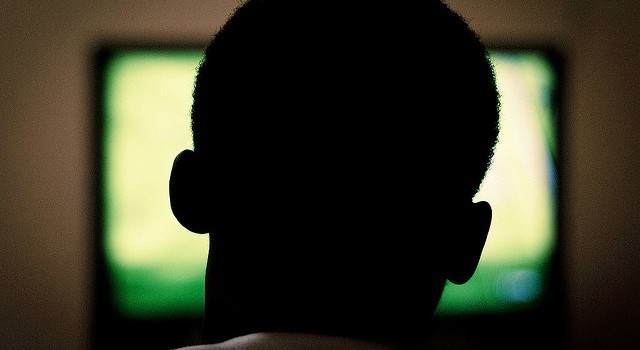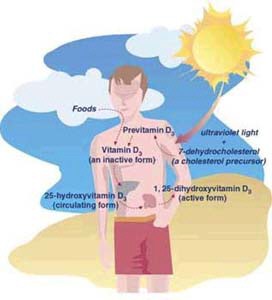Which came first – the loneliness and depression caused by binge-watching television, or watching television because you're lonely and depressed?
Literal years of people's lives have been offered up on the altar of television. The glowing, flickering idol and a self-contained evolving scripture using imagery that speaks to the subconscious. If only we had known as the years ticked by, that it was not only a time parasite but an emotional parasite too. For all the people who like to detect psychic vampirism in others, look no further than the fabricated characters in the screen that preach dogmatic sermons from their scripted gospel.
Unbeknownst to many, they are seeking a brain high or an emotional high to temporarily feel less alone and depressed, and when there's an artificial high, soon there is a low.
While they blame the behavior of binge-watching, they don't factor in that television influences behavior. They don't factor in that TV was designed to offer a “fix” both with the physical act of watching it (tuning in) and the emotional involvement. “The more lonely and depressed you are, the more likely you are to binge-watch,” they say. Okay, that's a valid association, but what if it's the other way around?My hope is that the association that the researchers found will lend compassion and more help for a person locked in this cycle. Unfortunately, it sounds like another unwitting way to categorize people into more mental health illnesses. My research so far, has led me to connect dots that point to dopamine dysfunction as more of a biological case of nutritional deficiency combined with heavy metal/chemical toxicity, and early trauma – not a character or moral defect. And not a lack of self-control, but one of the causes of lacking self-control/regulation.
Think about the last time you became emotionally involved with characters or surrendered your attention to talking heads. Did you feel better or worse afterward? Did the highs and lows of emotionalism and dopamine spikes relieve stress or create it?
Feelings of loneliness and depression linked to binge-watching television
Yoon Hi Sung, Eun Yeon Kang and Wei-Na Lee from the University of Texas at Austin will present their findings at the 65th Annual Conference of the International Communication Association in San Juan, Puerto Rico. The researchers conducted a survey on 316 18- to 29-year-olds on how often they watched TV; how often they had feelings of loneliness, depression and self-regulation deficiency; and finally on how often they binge-watched TV. They found that the more lonely and depressed the study participants were, the more likely they were to binge-watch TV, using this activity to move away from negative feelings.
The findings also showed that those who lacked the ability to control themselves were more likely to binge-watch. These viewers were unable to stop clicking “Next” even when they were aware that they had other tasks to complete.
Researchers have been looking at how streaming services affect mental health for more than a year now, and other studies have also convincingly established a connection between binge watching and depression, but it will take more work to discern whether it really is a harmless hobby or a serious addiction
Please Read this Article at NaturalBlaze.com
Photo Source: Al Ibrahim





Leave a Reply